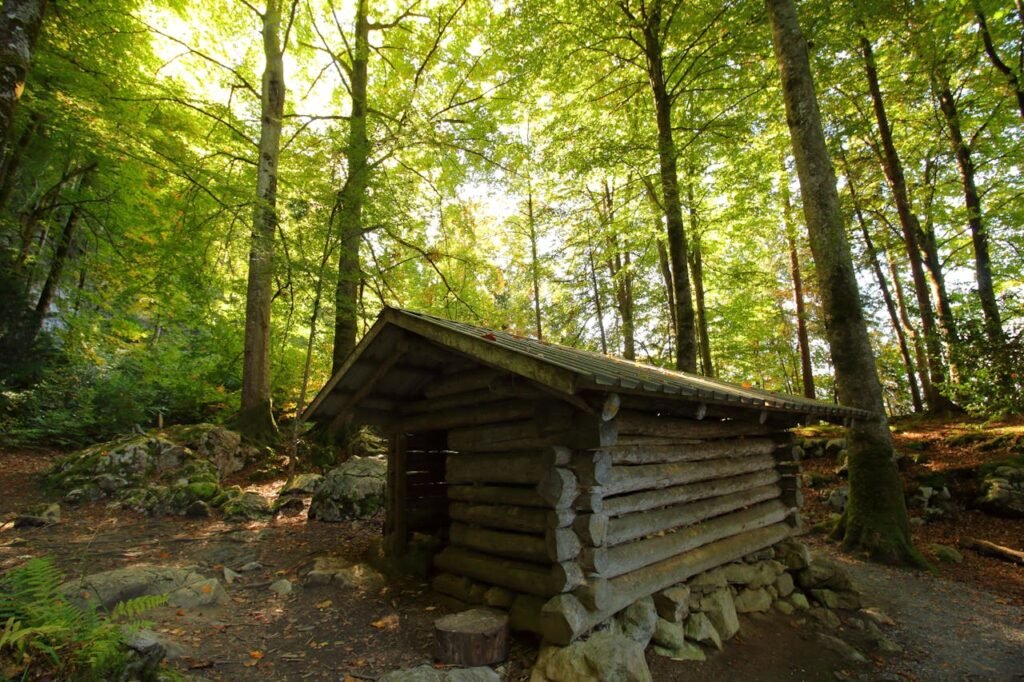The era of passive, consumptive tourism is fading. A new kind of traveler is emerging—one who seeks not just to see the world, but to engage with it, protect it, and leave it better than they found it. This is the dawn of the eco-adventure, a transformative movement that redefines exploration as a force for good. It’s about more than just reusable water bottles; it’s a fundamental shift in mindset from taking to giving back.
The Three Pillars of Sustainable Travel
True sustainable tourism isn’t just about being “green.” It rests on three interconnected pillars that ensure a positive impact. An authentic eco-adventure thoughtfully balances all three:
1. Environmental Responsibility
This is the most well-known pillar. It involves minimizing your physical footprint: reducing waste, conserving water and energy, respecting wildlife from a distance, and choosing transportation and activities that have a low impact on natural habitats.
2. Socio-Cultural Support
This pillar focuses on people. It means honoring local traditions, engaging with communities respectfully, supporting cultural heritage preservation, and ensuring that your visit is a positive exchange, not a disruptive intrusion.
3. Economic Viability
This ensures that the financial benefits of tourism stay within the local community. It’s about choosing locally-owned hotels, dining at family-run restaurants, hiring local guides, and purchasing authentic, locally-made crafts instead of mass-produced souvenirs.
Shifting Paradigms: A Comparative Look
The difference between conventional tourism and a sustainable eco-adventure lies in the choices made at every step. This table illustrates the fundamental shift in approach.
| Aspect of Travel | Traditional Tourism Approach | Sustainable Eco-Adventure Approach |
|---|---|---|
| Accommodation | Large, all-inclusive international hotel chain. | Locally-owned eco-lodge, homestay, or a hotel with certified green practices. |
| Activities | Passive sightseeing, large bus tours, activities that may disrupt wildlife (e.g., elephant riding). | Hiring a local guide for a nature hike, participating in a community-led workshop, wildlife viewing with ethical operators. |
| Economic Impact | Money primarily benefits foreign corporations and shareholders. | Direct financial support for local entrepreneurs, families, and conservation projects. |
| Pacing | Fast-paced, checklist-driven itinerary covering multiple cities in a short time. | Slow travel, immersing in one or two locations to build a deeper connection. |
| Souvenirs | Mass-produced trinkets, often imported. | Handmade crafts purchased directly from the artisan or a local cooperative. |
Core Tenets of the Modern Eco-Adventurer
Adopting a sustainable travel mindset is about embracing a new set of principles. These are the guiding tenets for anyone looking to travel more consciously:
- Leave No Trace: This goes beyond not littering. It means leaving every place—from a remote trail to a city park—exactly as you found it, or even better.
- Offset What You Can’t Avoid: While the goal is to reduce your carbon footprint, some emissions (like flights) are unavoidable. Invest in credible carbon offset programs that fund reforestation or renewable energy projects.
- Educate Yourself Before You Go: Learn about the local customs, a few phrases in the local language, and the environmental and social issues facing the region. Knowledge is the foundation of respect.
- Vote with Your Wallet: Every dollar you spend is a vote for the kind of tourism you want to support. Choose certified tour operators, ethical sanctuaries, and businesses that clearly state their commitment to sustainability.
Disclaimer: This article was manually researched and written to promote the principles of sustainable and responsible travel. The advice provided is for informational purposes. Travelers should conduct their own thorough research to find certified and ethical operators and stay informed about local guidelines and conditions.
“Walk softly on the ancient earth, a guest with gentle tread,
Let whispers of the forest be the only words you’ve spread.
Take only memories, give only thanks, and in the quiet see,
The world is not a thing to take, but a community.”


